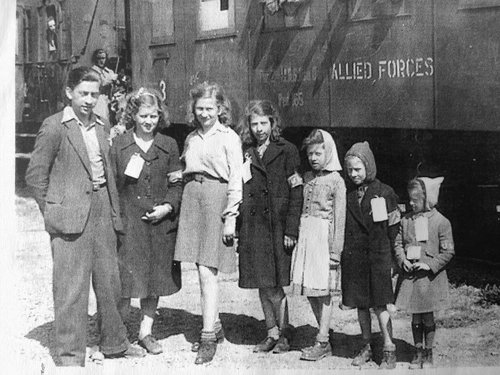

Out of the Mailbag Comes Songs and Stories: UnBroken
Starring: Beth Lane, Ginger Lane, Gertrude Chapman, Ruth Gilliana.
Directed by Beth Lane. 96 minutes.
Review by John O’Brien, Jr.

Thursday April 11th 5:00 p.m. State Theatre
Wednesday April 10th 12:05 p.m. State Theatre
I want you to see this film. I will only review UnBroken with the thought to not spoil your own experience of it when you do. You will be entertained, no doubt, but it is so much more.
It is award winning. It is timely. It is relevant today. It is illuminated by archival and remarkably clear film footage; historic and official documents, drawings and pictures; original church registration books; interviews with the Weber siblings, and animations that illustrate to tie things together, specifically related to the Weber family, but illuminating to the universal damage we humans do.
In this age, with rising, rampant antisemitism and rampant hate, UnBroken has much to tell us, to teach us, in the sense that, haven’t we seen the facts of today before? Will we let it happen again, less we repeat the mistakes of the misguided in and around Nazi Germany so long ago, but rippling through across the world today?
Never Again is Now. UnBroken is a warning from our past made plain by todays storytelling skill of director Beth Lane, daughter of the youngest Weber sibling, Ginger (called Bela) Lane.
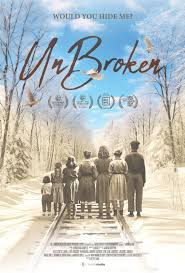
“I would say we had an idyllic childhood,
even though we were surrounded by a rising Third Reich.”
“This was just a small preamble for the things to come.”
From 1933 to 1934, one of the first fascist concentration camps in Germany. Oranienburg Concentration Camp, was located in the Weber’s hometown of Berlin. They called the time, “The Horror” – much like the Irish refer to “The Troubles.”
Mayor Rudolph Ferman knew there were Jewish families living in, hiding in Berlin, but he didn’t tell. He was probably not the first angel to impact the Weber family, but certainly one in a line of angels graced by love and humanity that altered the Weber’s lives, rather than ending them.
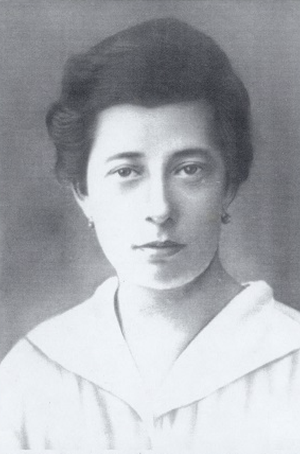
Mom, Lina Weber, was arrested, probably for her work in helping other Jewish people get out of Berlin. She was murdered in Auschwitz. Bela, the youngest of the siblings, was 3 at the time.
30,000 children were deported from the platform in Berlin to concentration camps. In one of many heroic and life altering acts, their father, Alexander Weber, born Catholic, but converted to Judaism to marry Lina, had the kids baptized at Sacred Heart Catholic Church to try to save them from the genocide. Each of their names were entered into the original church registrar, and visited again, today.
Beth called her mom (Ginger “Bela” Lynn) upon visiting the church and seeing the entries, in a Facetime-like conversation with Bela, as Beth turned her cell phone around and showed Bela the actual church records recording a step in their journey to safety, and survival.
It was a soothing hope and affirmation for both as they, and we, viewed the records.
Ruth: “Dad said, keep the kids together no matter what.” Ruth never forgot that, and it drove her to take care of them all; she was 16 years old.
“As long as you’re standing give a hand to those who will follow,” was written on a mural in the town. The kids felt guilty that they survived.
The question remains, why us?
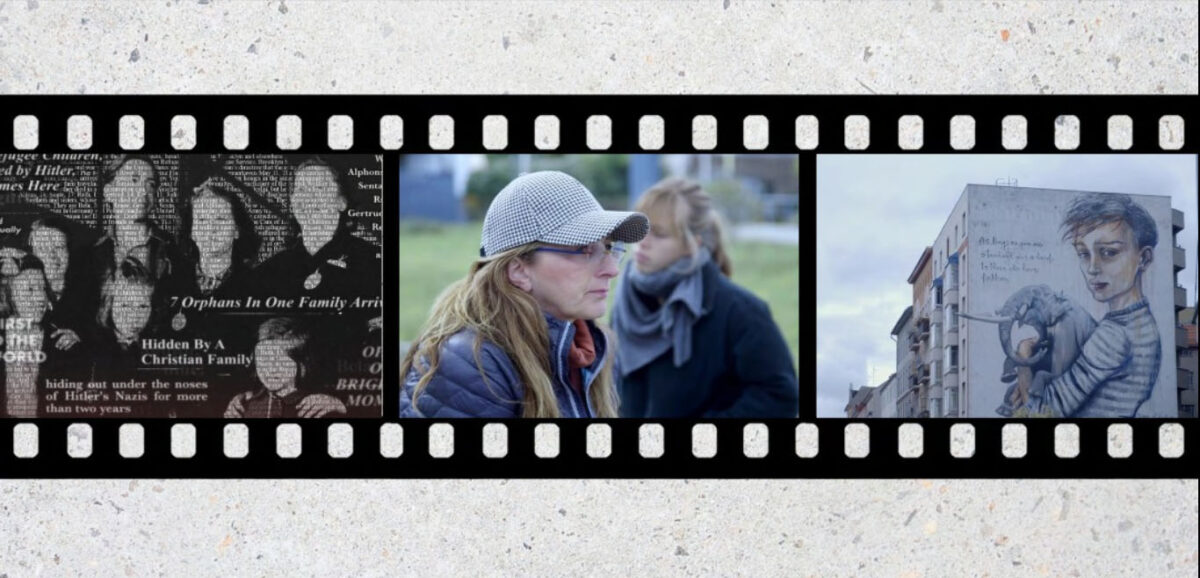
The Weber siblings spent two years on their own, in danger at any moment, and helped by angels and the grace of our God, challenged and inspired by the promise made to their father that they ‘always stay together.’
For a time, they stayed (hid) at a farm outside of Berlin, living ina. tiny washing shed “the size of a king size bed,” owned by another angel, Arthur Schmidt, who had gotten to know their father. He was aware of what was going on, of the danger. Yet, he hid them, fed them, body and soul.
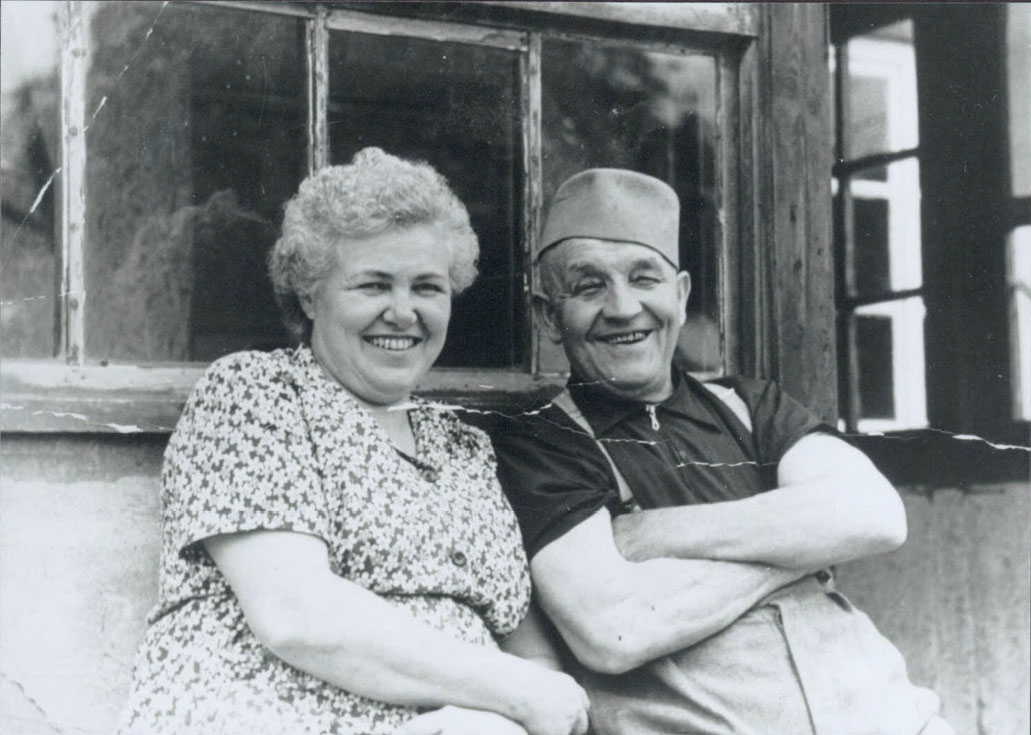
The farm was 60 kilometers from Berlin. When her whole family disappeared one day, Ruth biked the 60 kilometers – she rode her bike right into the whole family, standing together on the street in Berlin. They had thought that Ruth was dead.
Near the end of the war, the kids could hear the Russian planes going overhead, what many might think of as being saved. Instead, it turned out to be another horror, another horrific challenge, to avoid being raped by the “liberators.”
They had to become the masters of their experience. After being rescued, they claimed their father was dead, so they could get out of Germany. They went from Berlin to Hanover to Munich via truck and train, and into the American Zone, where, for the first time in the Horror, the kids were finally safe.
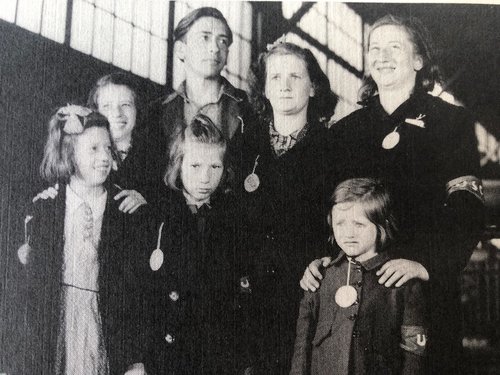
Then, the Weber’s, one boy, six girls, came to the U.S. on the SS Marine Flasher on May 11, 1946. Ship clips interspersed with remembrances … seeing the Statue of Liberty, making the paper, “Weber family – seven orphans in one family …”

They were sent from New York to Chicago, to the office of the Jewish Children’s Bureau, and then they were dropped off one by one (no explanations, no time to say goodbye, they didn’t even know what was happening) to foster homes. More challenges awaited. For the first time ever, the family was broken up, scattered to different parts of Chicago.
“I was destroyed because I thought I would keep my word to my father to keep us together,” said Ruth. Ruth may have been wrong, but eventually, they were all right.
In 1986, the family gathered for a reunion, exactly 40 years after coming to the United States. Film clips, interviews, stories, and loads of well-deserved laughter together, film of the seven all together for the first time since the time of their U.S. arrival is joyful, memorable and gives hope to perseverance over pain.
Again, the Weber’s met angels all along the way who kept the kids together:
The question still remains, why us?
“We had many neighbors and friends who helped us. I think we owe them a great debt of gratitude for this,” Alfons said.
Bella said, “It is remarkable that we can all be together and laugh and cry and love each other, so I am very grateful about the opportunities we’ve had.”
As Beth spread out their family tree on sticky notes across the dining room table for the family, detailing all 72 descendants – starting just from the point when the family arrived in the United States, one of the grandkids comments brought a sobering stillness, as it sunk into each of their minds. Then tears of wonder and gratitude came too.
“It’s remarkable,” he said. “You save seven people, and you save 72 lives.”
To not spoil the movie as yet unseen, we will save more to the review for AFTER UnBroken airs at the world renown Cleveland International Film Festival on April 10th and 11th.
The updated review and loads more pictures can be viewed here at iIrish.us anytime after.
UnBroken is a Top Shelf selection. I cannot recommend it more highly, for its story about all of our pasts, and its relevance today.
The Weber Family Arts Foundation, a non-profit organization established to combat antisemitism and hate by driving awareness, engagement and activism through the arts by sharing stories of hope, produced UnBroken. For more about the Weber family, their journey and the Weber Family Arts Foundation, see: https://www.theweberfamilyartsfoundation.com.
Other info and inspiration can be found at: Website: https://bethlane.com/unbroken. IG: https://www.instagram.com/bethlanefilm/. And Facebook:
https://www.facebook.com/UnBrokenDocumentary2023
Tickets for UnBroken: https://www.clevelandfilm.org/films/unbroken-2024

Find John’s other Out of the Mialbag columns and others HERE!


Irish Unity ~ Ireland 2030 -A United Ireland is Imminent
A United Ireland is Imminent

Speech by Mary Lou McDonald at “Preserving Our Past, Rising to Our Future” Moore St conference
That’s the thing, when we go abroad a bit of Ireland comes with us. This was brought home

Irish Unity ~ Ireland 2030 April Video Update
We catch up with Sinn Féin Representative Ciarán Quinn for the latest news and analysis. A review of the Irish Unity Summit, St. Patrick’s Day and Easter events, a preview of upcoming elections, and more.
ends

*John is a Founder and the Publisher and Editor of iIrish, an archivist, spokesman, emcee, Spoken Word presenter and author of five books (see below) so far.


Monthly newsmagazine serving people of Irish descent from Cleveland to Clearwater. We cover the movers, shakers & music makers each and every month.
Since our 2006 inception, iIrish has donated more than $376,000 to local and national charities.
GET UPDATES ON THE SERIOUS & THE SHENANIGANS!